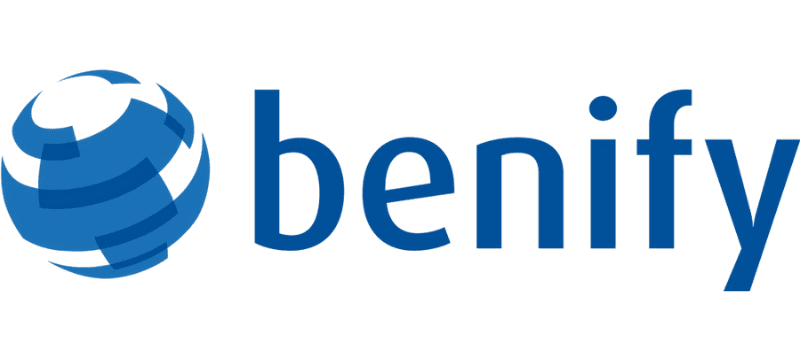What do your employees want and need? Benefits for a new era of work
58,000 employees shared what they want when it comes to rewards and benefits.
Less than 20% feel their benefits adequately reflect their current situation.
Post-pandemic, benefits that encompass health and wellbeing are becoming key components in the overall Employee Value Proposition and HR strategy


At a time of huge disruption in the world of work, the power is firmly with the people. The ‘Great Resignation’ is seeing more and more employees move jobs and able to pick and choose their next role in a way we haven’t seen for a long time. Brilliant benefits are no longer a ‘nice to have’. They are a core part of any organization’s HR strategy when it comes to recruitment, retention, recognition and reward. But how and where should we prioritize what really matters to people today?
New research shared by Chris Wakely, EVP of Benify on a recent UNLEASH webinar, addresses these and other key questions for HR professionals looking to address their benefits and understand what people really want. 58,000 people were surveyed in 2020 in partnership with Benify and YouGov as part of The Future of Work Report: Employee Benefits and Work – Trends in Europe and the data is revealing.
The goal of the research is to understand what people want from life as well as work at a time when we are all reflecting on our choices.
Chris began by highlighting the correlation between a lack of satisfaction with employee benefits and a lack of awareness of what those benefits are. A surprisingly high number of people don’t know what their total compensation and rewards package looks like very well. Over half of UK respondents for example. This is an immediate practical action for HR to consider where people can see the full extent of what’s on offer.
An increasingly number of people would like more individually tailored benefits than packages that are offered en masse. They also want to feel that rewards are responsive. Nobody can deny the extent to which the world has changed in the last 18 months and employees want to feel that their rewards are evolving to reflect their current situation. Although less than 20% of the research respondents felt their organizations are achieving this.
Some of the more unique benefits captured by the research include:
- Wellness days every 6 weeks at the Global Financial and Payment Institution
- $1000 home office allowance at Shopify
- Free access to a meditation app at a global music company
- Extra paid vacation days at Google
There has been a huge focus on the desire of organizations to support mental health as part of a rewards and benefits strategy. But this can create issues around data privacy and confidentiality between people and their employer. Which brings us onto the critical issue of trust. “If you can’t be honest and authentic in your communications with your people then you’re going to lose them” commented Chris. And this is where the importance of rewards comes back to the bigger HR and organizational culture. It isn’t a silo and your execution around rewards won’t work if it doesn’t fit with the rest of your people strategy.
Four pillars of wellbeing
Not only do people want more, they also want rewards that are different.
The research defines four pillars of employee wellbeing as physical; mental; social and financial. And when it comes to wellbeing, we cannot underestimate its importance today. 49% of participants in France, 47% in the UK and 46% in Germany say work is their number one source of stress. Meanwhile, more than half of all countries surveyed think employers should take more responsibility for people’s work/life balance.
And sustainability is now an increasingly part of any employer brand, especially amongst younger generations. In terms of benefits, this is realized through support for different transportation methods of getting to work, such as incentives for cycling or taking public transport for example. The days of the company car are numbered predicted Chris.
The benefits employees believe will be most needed in the future include:
- Adapted benefits for working from home
- Leave and working hours
- Benefits that encourage work/life balance
- Mental health and wellness
- Healthcare
Think Total Rewards
The phrase ‘total rewards’ was referenced repeatedly throughout the session, reinforcing the holistic view that employers need to take to their benefits nowadays – and its importance in the overall employee value proposition and HR strategy.
A positive rewards culture helps strengthen the employer brand, and a strong employer brand attracts more candidates, drawing more talent to the organization.
Whilst salary is of course still a critical factor in a person’s decision to join a new organization or stay with an existing employer, what “surrounds your salary and the way an organization offers you reward and benefits” is increasingly important said Chris. Ultimately, people want the opportunity to be more selective about which benefits suit them best. So the watchword for employers is about providing a range of rewards that current and potential employees can choose from.
You can download The Future of Work Report: Employee Benefits and Work Trends in Europe here.
